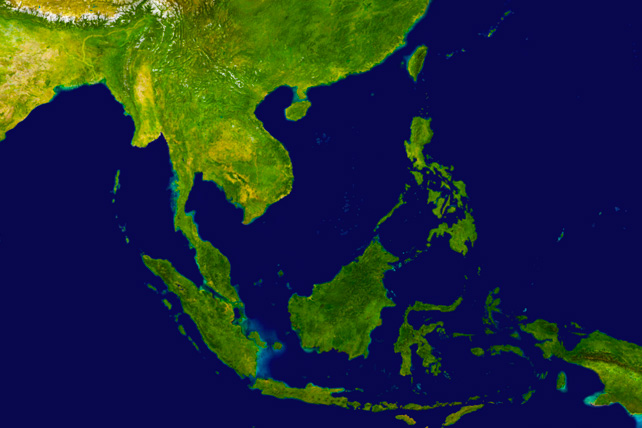The Malaysian government may have placed a secret moratorium on executing people for drug trafficking, potentially paving the way for abolishing the death penalty for drug offences altogether.
In 2012, Malaysia was one of 13 countries in which the death penalty was mandatory for drug trafficking. However, fortunately for the prisoners on death row for drug offences, the Malaysian government seems to be changing its approach to capital punishment. In a 2013 research paper on the use of the death penalty for drug trafficking, two legal experts asserted that Malaysia now “seems to reflect the downward trends towards the use of the mandatory death penalty”. Indeed, government officials have recently expressed a desire to end the practice.
In 2015, the Attorney General, Tan Sri Apandi Ali, called for the mandatory death penalty to be scrapped, calling it a “paradox [that robs] judges of their discretion to impose sentences on convicted criminals”.
In June, Nancy Shukri, a minister and Member of Parliament, described how she wanted an "amendment to the mandatory death penalty [to] be passed and implemented". Although she did not specifically mention drug offences, Shukri said that the government was considering replacing the mandatory death penalty with life sentences.
Although no official declaration of change has been announced, the moratorium on capital punishment for drug offences appears to be in place already. Malaysians Against Death Penalty and Torture (MADPET), a non-profit human rights organisation, have expressed delight at the “positive development”, and called on the government to make the moratorium news public.
The Malaysian government has traditionally implemented repressive counter-narcotic legislation in an effort to tackle the country’s illegal drug trade. The mandatory death penalty for drug trafficking was introduced in 1983 as part of the Dangerous Drugs Act – a law which remains, theoretically, in force today. Though the effectiveness of the death penalty as a deterrent has been, at best, ambiguous.
There is no evidence to suggest that capital punishment either reduces crime rates or prevents new criminals from surfacing. Without proof that mandatory death penalties reduce crime, the Malaysian has little excuse for perpetuating its imposition, particularly as it is in breach of international law.
The International Covenant on Civil and Political Rights (1966) decrees that the death penalty may only be imposed "for the most serious crimes", and must "only be carried out pursuant to a final judgement rendered by a competent court". By requiring a death sentence for certain crimes without judicial discretion, the Malaysian government has been violating this treaty. Additionally, the UN Secretary General has stated that "drug crimes […] do not meet the threshold" of a “serious crime”.
While a moratorium on the death penalty for drug offences is certainly a step in the desired direction, its secretive nature raises many questions. Why has the moratorium not been publicly announced? Will the end of capital punishment extend to all persons on death row or just those convicted of drug trafficking? Will there be any amendments to the law? The lack of official statements suggest that many of these decisions have yet to be made; continued pressure on the government is vital.


